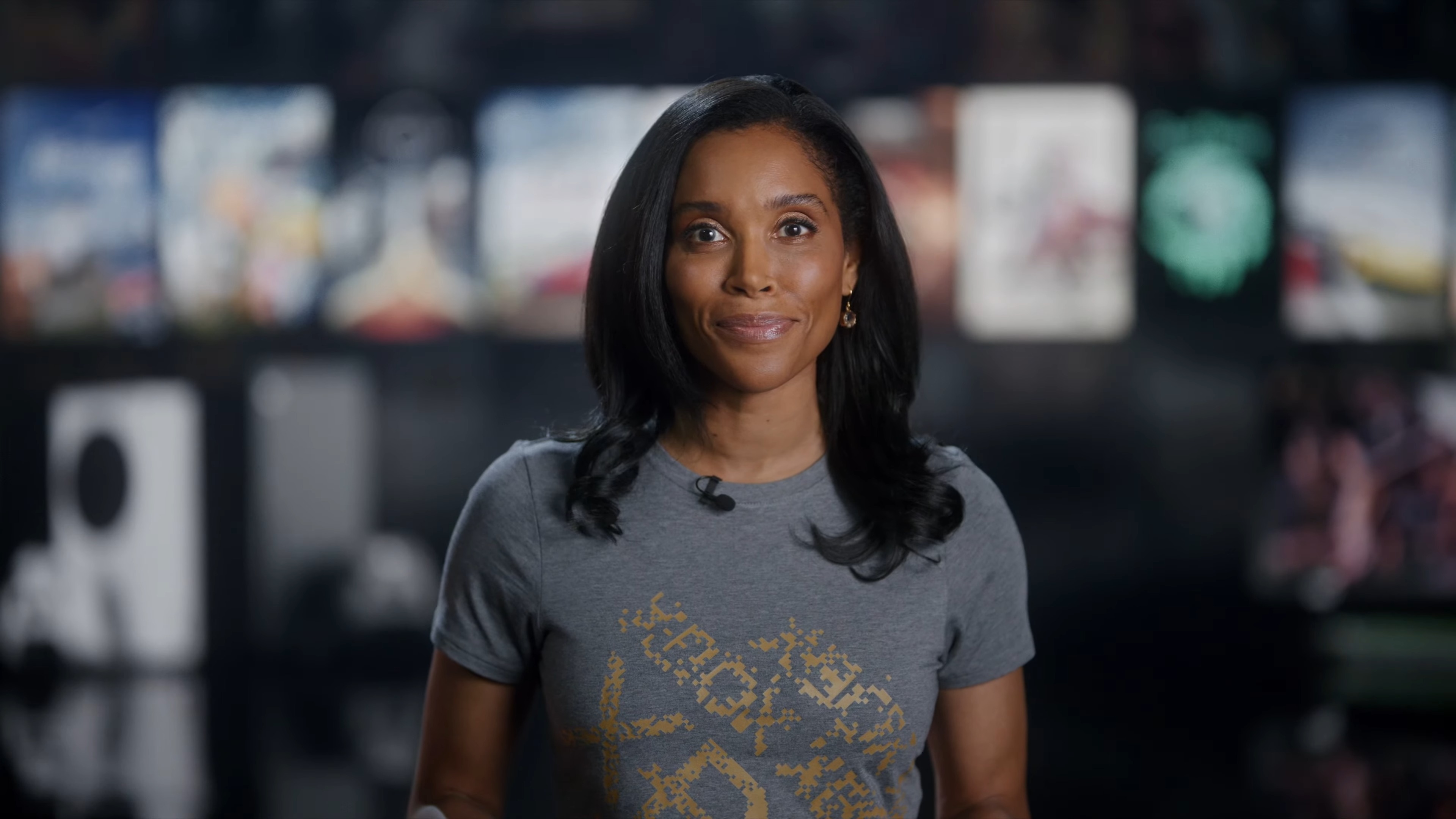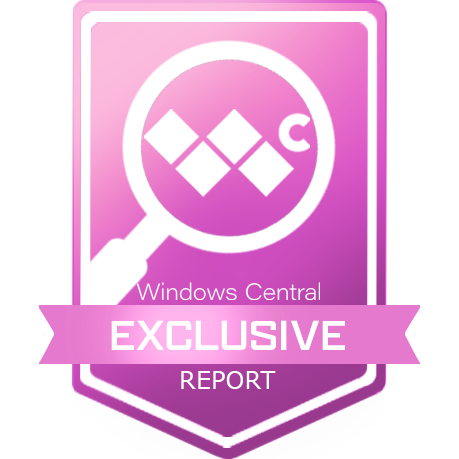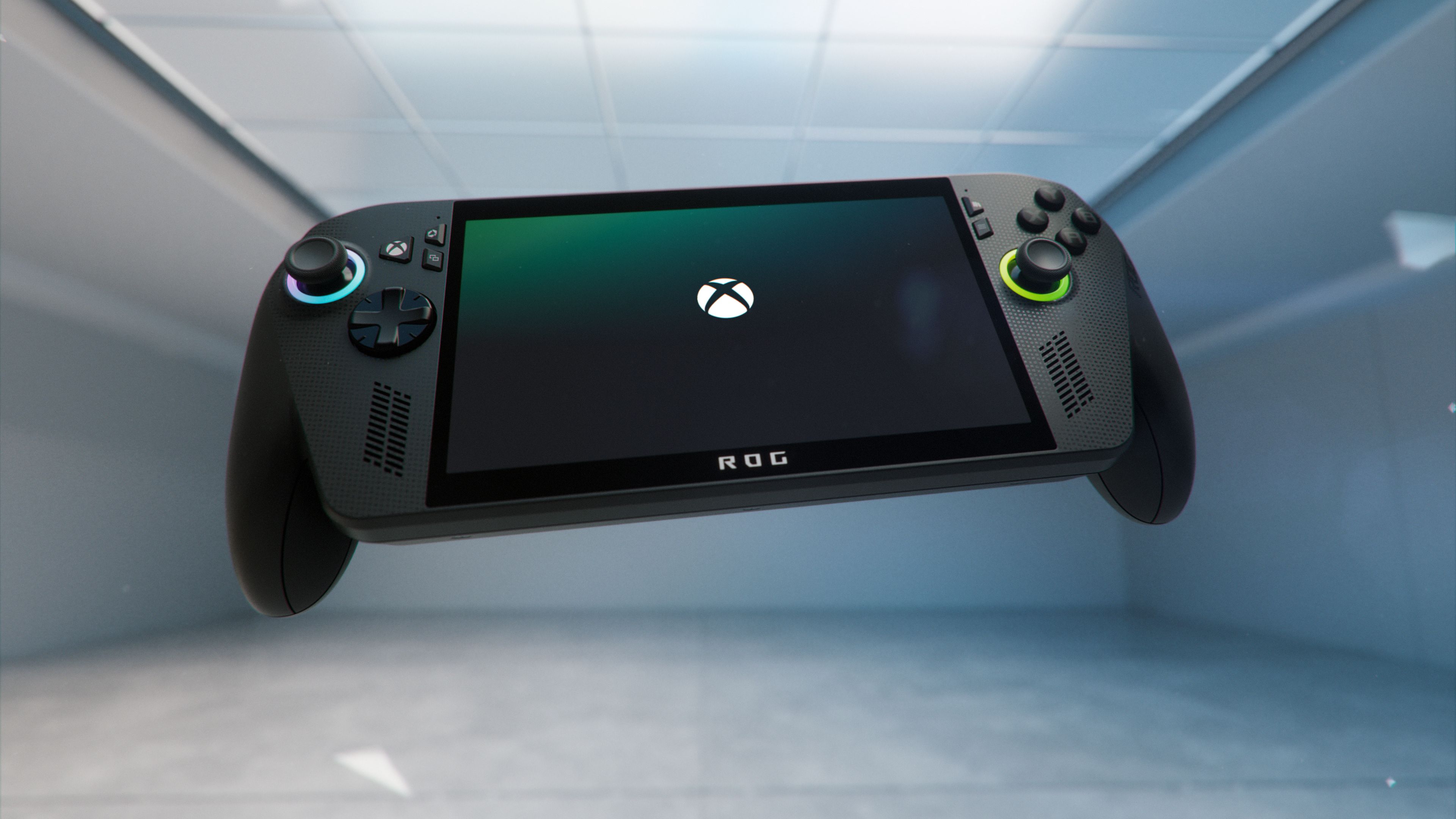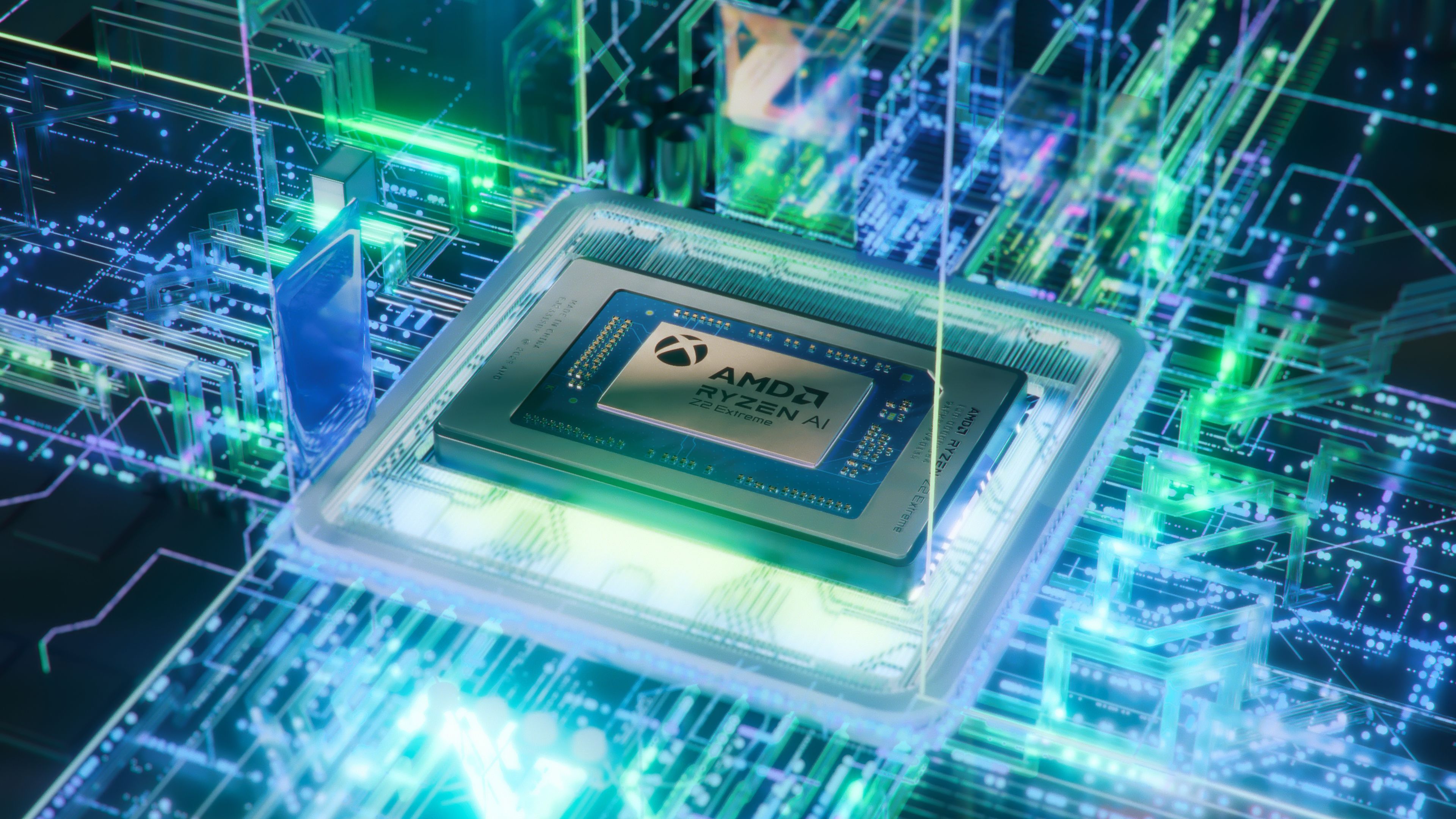Microsoft and AMD have officially entered a new multi-year partnership for first-party Xbox hardware — here's what that really means
Xbox President Sarah Bond shared an update on Xbox consoles today, confirming their ongoing partnership with AMD for first-party hardware, while committing to supporting your existing console library on next-gen systems.

All the latest news, reviews, and guides for Windows and Xbox diehards.
You are now subscribed
Your newsletter sign-up was successful

When Xbox revealed its ASUS partnership handheld, it was met with excitement, but also some concern.
Exclusively revealed by us as Xbox codename "Kennan," at the Xbox Showcase earlier this month, Microsoft unveiled the Xbox Ally PC gaming handheld. The device is potentially going to be the most powerful handheld ever made, utilizing AMD's Z2 platform.
The news was certainly met with hype and excitement for its potential, but it would be remiss not to mention concerns for the implications of Xbox's wider ecosystem.
Some speculated that perhaps this was the first sign that the next Xbox would, in fact, be more of a PC than a console. Coupled with Xbox CEO Phil Spencer's previous statements on bringing third-party stores to console, and our own sourcing on Microsoft's exploration of building PC game support into first-party hardware — the questions have increasingly revolved around support for existing Xbox games, and console hardware in general. And today, I'm pleased to provide firm answers.
I wrote a few weeks ago that Microsoft was planning to support your existing library of console games on the next-gen Xbox in my initial Xbox "Kennan" report. Last week, we learned that Microsoft is once again partnering with AMD for the next-gen Xbox consoles, and hard-confirmed that your existing Xbox console games will carry forward.
To that effect, Xbox President Sarah Bond has today also shared a video detailing the renewed partnership, while dropping some hints about the future of Xbox consoles, accessories, Windows 11 Xbox PC gaming, cloud, and the role A.I. will play too.
Xbox and AMD confirm on-going partnership for next gen, your library included
"At Xbox our vision is for you to play the games you want, with the people you want, anywhere you want," Bond says. "That’s why we’re investing in our next-generation hardware line up, across console, handheld, PC, cloud, and accessories."
Sarah Bond then reveals a "multi-year" partnership with long-time Xbox silicon collaborator AMD, which is responsible for the chipsets used on both Xbox and PlayStation consoles, and increasingly, PC gaming handhelds like the upcoming Xbox Ally.
RELATED: How much will the Xbox Ally cost? Here's what I know.
"I am thrilled to share we’ve established a strategic, multi-year partnership with AMD to co-engineer silicon across a portfolio of devices, including our next-generation Xbox consoles — in your living room, and in your hands."
The note about "in your hands" is particularly interesting here, since there were rumors that the first-party Xbox handheld was potentially fully cancelled, and not simply "side-lined." It seems Microsoft still has aspirations to build first-party Xbox handhelds down the line, after and alongside the Xbox Ally partnership with ASUS.
The next part should make many Xbox fans happy on that note. Microsoft's partnership device with ASUS is Windows 11, meaning it cannot run the vast majority of Xbox console games that don't support Xbox Play Anywhere. It led to concerns that the next Xbox would potentially not run your existing console games. I noted on the Xbox Two Podcast last week and even earlier that I'd heard Microsoft was planning to maintain Xbox backwards compatibility for your existing games into next-gen, and now we have confirmation.
"Together, with AMD, we’re advancing the state of the art in gaming silicon to deliver the next generation of graphics innovation to unlock a deeper level of visual quality, and immersive gameplay and player experiences enhanced with the power of AI. All while maintaining compatibility with your existing library of Xbox games."
The commitment to Xbox backwards compatibility remains one of the best things about Microsoft's gaming ecosystem in my view, so it's great to see a hard commitment here from Sarah Bond and the Xbox team. Where that leaves the long-rumored Steam integration on the next Xbox console remains anyone's guess. Microsoft was definitely exploring it at one point, as CEO Phil Spencer himself commented that he'd like to see third-party stores on Xbox consoles, but perhaps it was too much of a leap.
Sarah Bond closes by describing how Microsoft wants Windows to be the number one platform for gaming, while touting freedom of choice for storefronts and the like. Could Microsoft somehow manage to pull off support for existing Xbox games and Windows games from the likes of Steam on one device? We'll have to wait and see there.
"This is all about building a gaming platform that’s always with you, so you can play your games across devices and anywhere you want. Delivering an Xbox experience designed for players — not locked to a single store or tied to one device. That’s why we are working closely with the Windows team to ensure that Windows is the number one platform for gaming. The next generation of Xbox is coming to life. And this is just the beginning. We can’t wait to show you what’s next."
Opinion: A welcome commitment to Xbox console players
It's great to hear it directly from Microsoft that the next-gen Xbox consoles will support our existing libraries of games. I myself have hundreds of owned Xbox games, and the idea of giving that up was not something I, and I assume many others, wanted to entertain.
Microsoft's approach to gaming has certainly evolved in recent years. Xbox's insistence on putting its games onto competing platforms, such as PlayStation, created concerns that Microsoft would follow in the footsteps of Sega and become a publisher only. Companies like Tencent have certainly made a huge killing across different platforms without having to produce their own traditional gaming hardware platforms.
Microsoft is simply doing something no other company has really attempted before — to truly be everywhere, and do everything. From publishing, first-party hardware, third-party hardware, subscription rental services, selling games to own, cloud gaming, handheld options, mobile gaming services, and more traditional console hardware — the centrepiece of that effort is the ability to take all of that content anywhere, everywhere, at any time.
Microsoft isn't quite there yet, by its own admission. There are still features missing from the Xbox PC store effort. Xbox Play Anywhere adoption has improved, but it still isn't as organic as it could be. The Xbox Mobile store has been on a long, long hiatus as well. Xbox hardware sales have decreased year-over-year for many years, and may decrease further still now that price increases are in effect.
On the upside, Xbox is dominating sales on its rival platform PlayStation, cloud and Xbox PC adoption is growing steadily, and Xbox console users remain active, even if the user base isn't necessarily growing at the rate it once did. Xbox is also winning support from publishers that have previously snubbed the platform, and its first-party Xbox games are absolutely firing on all cylinders right now.
Microsoft has the bones of a truly incredible gaming ecosystem here, but tying it all together will be a huge ongoing task. I, for one, remain excited.

Jez Corden is the Executive Editor at Windows Central, focusing primarily on all things Xbox and gaming. Jez is known for breaking exclusive news and analysis as relates to the Microsoft ecosystem — while being powered by tea. Follow on X.com/JezCorden and tune in to the XB2 Podcast, all about, you guessed it, Xbox!
You must confirm your public display name before commenting
Please logout and then login again, you will then be prompted to enter your display name.



